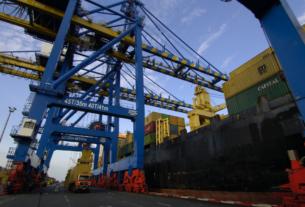The European Commission has called upon EU Member States to modernise their minimum income schemes as part of the ongoing pledge to reduce poverty and social exclusion in Europe. Minimum income is cash payments that help households who need it to bridge the gap to a certain income level to pay the bills and live a life in dignity. They are particularly important in times of economic downturns, helping to cushion drops in household income for people most in need, thereby contributing to sustainable and inclusive growth. They are generally complemented with in-kind benefits giving access to services and targeted incentives to access the labour market.
The proposed Council Recommendation on adequate minimum income ensuring active inclusion sets out how Member States can modernise their minimum income schemes to make them more effective, lifting people out of poverty, while promoting the labour market integration of those who can work. The social and economic advantages of adequate and targeted social safety nets became even more important during the lockdowns linked to the COVID-19 pandemic.
Adequate minimum income is highly relevant in the current context of rising energy prices and inflation following Russia’s invasion of Ukraine as income measures can be targeted to specifically benefit vulnerable groups. The proposed Recommendation offers guidance for Member States to ensure that their minimum income schemes are effective by improving the adequacy, coverage and take-up of income support, the access to labour markets as well as to enabling and essential services and promoting individualised support. It also offers guidance on improving the effectiveness, monitoring and reporting mechanisms of social safety nets. Executive Vice-President for an Economy that Works for People, Valdis Dombrovskis, said:
“Social protection systems help to reduce social inequalities and differences. They ensure a dignified life for those who cannot work – and for those who can, encourage them back to a job. At a time when many people are struggling to make ends meet, it will be important this autumn for Member States to modernise their social safety nets with an active inclusion approach to help those most in need. This is how we can fight poverty and social exclusion, and help more people into work during this challenging period.”





